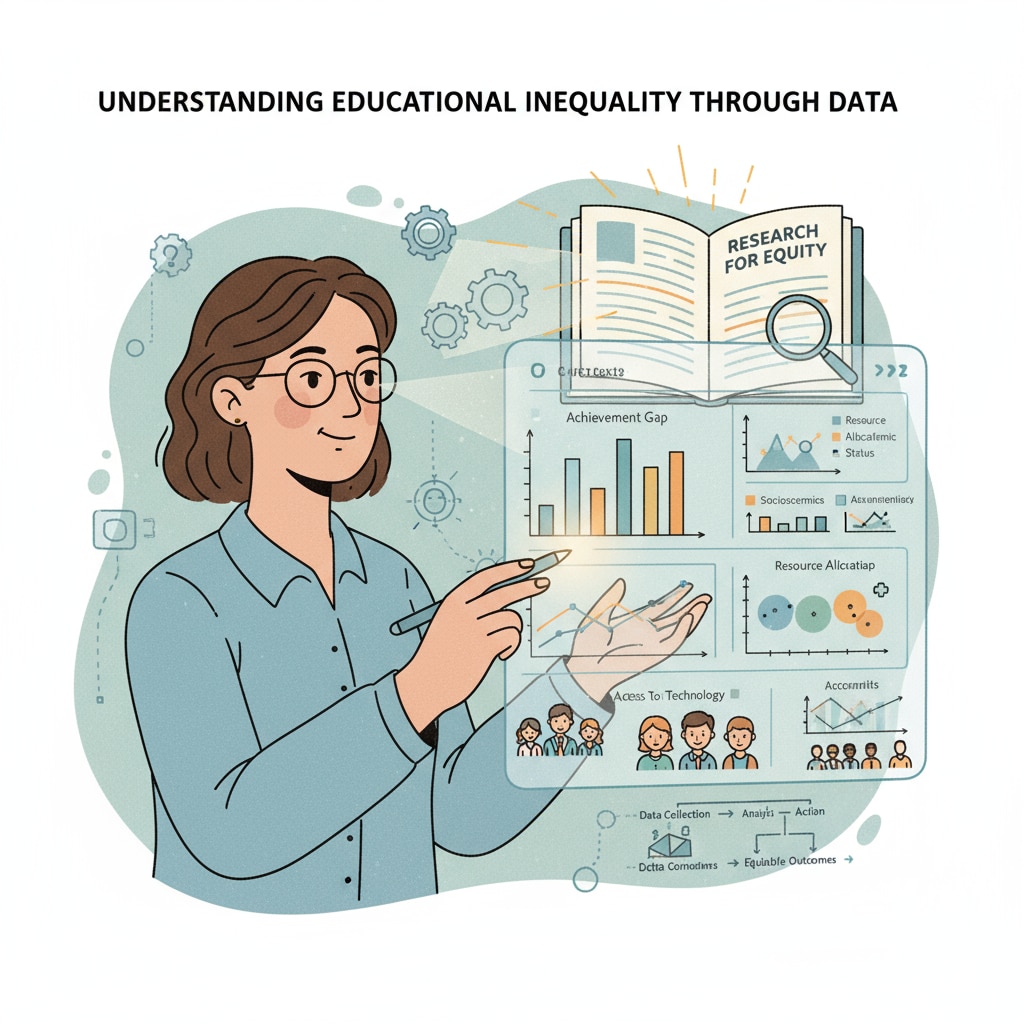In the realm of education, research, evaluation, and educational inequality are intertwined concepts that play crucial roles in shaping the future of K12 education. Understanding their differences and connections is essential for driving positive change.

Research in education is like a compass, guiding us to explore new ideas, theories, and phenomena. It involves systematic investigations to gain in-depth knowledge about various aspects of education, such as teaching methods, student learning, and educational policies. For example, researchers might conduct studies to understand why some students from disadvantaged backgrounds struggle more in school. According to Educational research on Wikipedia, educational research can take various forms, including quantitative and qualitative research.
The Role of Research in Addressing Educational Inequality
Research helps in identifying the root causes of educational inequality. By studying factors like socioeconomic status, race, and gender, researchers can uncover the barriers that prevent equal access to quality education. For instance, research might show that students from low-income families often lack access to educational resources. This knowledge is the first step towards developing targeted interventions. In addition, research can also evaluate the effectiveness of existing educational programs and policies aimed at reducing inequality. As a result, it provides valuable insights for policymakers to make informed decisions.

The Significance of Evaluation in Education
Evaluation, on the other hand, is about assessing the value, effectiveness, or quality of something. In education, it involves measuring student learning outcomes, the effectiveness of teaching, and the impact of educational programs. Evaluation methods include tests, assessments, and surveys. As stated in Educational evaluation on Britannica, evaluation helps in determining whether educational goals are being met. It provides feedback to educators, students, and policymakers, enabling them to make improvements. For example, if an evaluation shows that a particular teaching method is not yielding the desired results, educators can adjust their approach.
When it comes to educational inequality, evaluation is crucial for monitoring the progress of initiatives aimed at reducing it. It helps in determining whether programs designed to support disadvantaged students are actually making a difference. By comparing the performance of different student groups, evaluation can highlight areas where inequality still persists. Therefore, research and evaluation are two sides of the same coin, working in tandem to combat educational inequality. Together, they can drive meaningful change in K12 education and create a more equitable learning environment for all students. Readability guidance: The key points are presented in short paragraphs and simple language. The role of research and evaluation in addressing educational inequality is clearly explained, with appropriate use of transition words and external links for reference.


